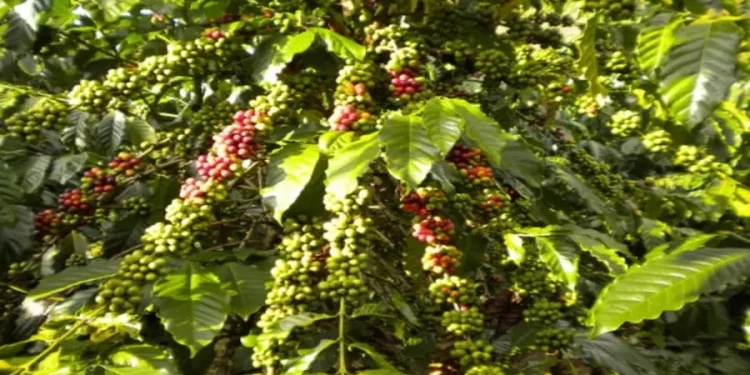Coffee, which used to be black gold in Tanzania, is rebound due to rising global demand. According to global agricultural polls, there will be a shortage of over 80,000 tonnes of coffee beans worldwide in the fiscal year 2022/2023.
Senior Product Researcher from the Tanzania Coffee Research Institute (Tacri) Amani Evance said that the country is also better positioned to fill that vacuum as its coffee beans are ripe for harvest.
“We expect bumper harvests this year because local growers were provided with improved coffee seedlings in 2021 that should be ripe now,” Amani Evance.
More than 15 million new Robusta and Arabica coffee seedlings were distributed to farmers free of charge, and the improved varieties promise better yields.
The Tacri Researcher added that, between January and June 2022, the government distributed 14 million more seedlings to farmers nationwide.
“Many growers revived their formerly defunct coffee farms after prices soared on local and international markets. We are back into growing coffee but farmers need to be supported to ensure production is maintained,” says Mr Robert Mollel, a coffee grower in Olasiti, Arusha as quoted by the Citizen.
He appealed to the government to conduct more research on the notorious pests that continue to hound coffee trees in the country.
Prices of raw Coffee beans in Tanzania at the moment are in the range of Sh8000 to Sh10,000 per kilo, which is almost eight times of the previous price of Sh1500 per kilo.
The demand for coffee has been rising worldwide following the recent fall in beans production in Brazil, which is the global leader in the beans farming.
According to the global agriculture poll, a marginal global coffee deficit of 8.4 million bags was realized in the 2021/22 fiscal year.
Currently, the deficit is expected to be reduced as Brazil and Vietnam expect to harvest large volumes of the beans but the shortages will still remain, with a deficit of 800,000 bags or 80,000 tonnes expected in 2022/23.
Read also; Uganda Removes VAT on Imported Rice from Tanzania.




